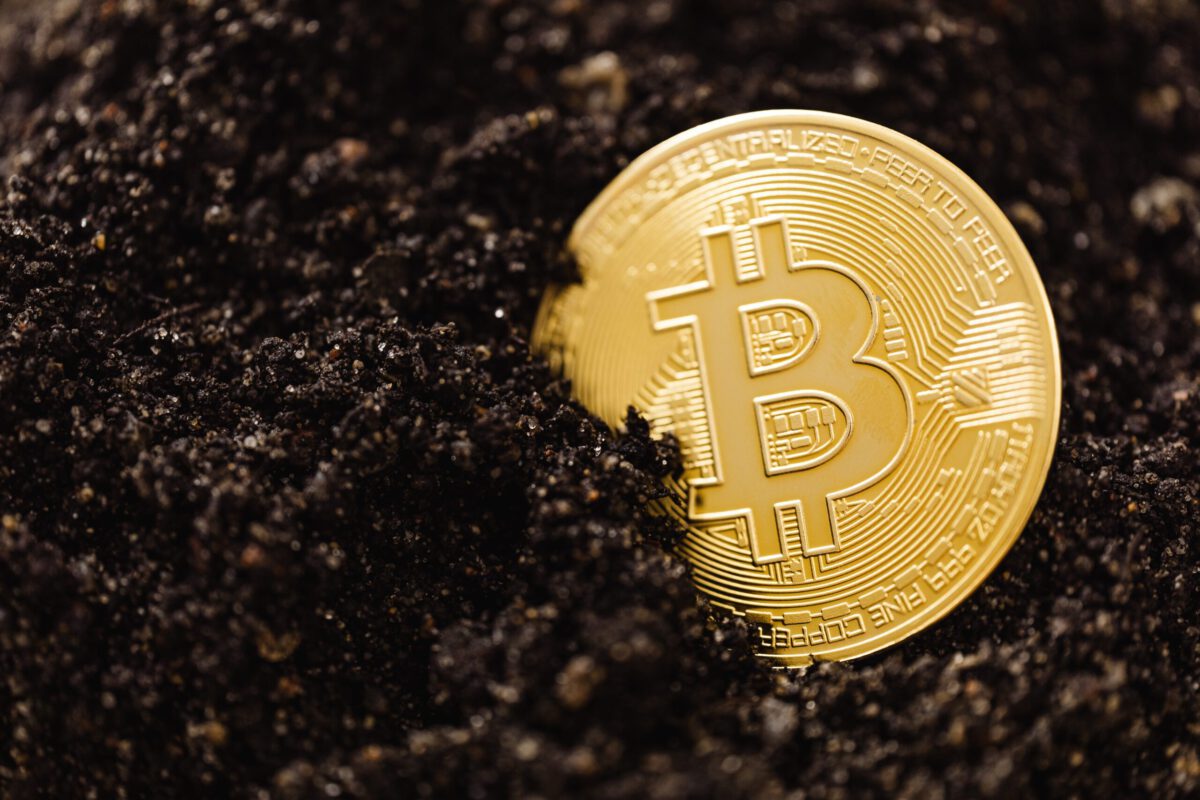In the second part of our double episode about platform ecosystems we were in discussion with Evangelos Avramakis, a recognised thought leader and advisor in the insurance industry, who works for the Swiss Re Institute. With his main focus on digital ecosystems, Evangelos gave us lots of insights about the drivers and challenges of building ecosystems and the impact of Covid19 onto this topic.
Evangelos Avramakis is a recognised thought leader and advisor in the field of insurance industry. At the Swiss Re institute he works with focus on digital and consumer related topics as the Head of Digital Ecosystems R&D. Within his position, he analyses the mid- and long term developments of emerging technologies and business models. Covering both digitization and business developments Evangelos has also huge knowledge and insights about the evolution of platforms and ecosystems which we are very pleased to learn more about.
From platform to ecosystem thinking
To get a better understanding about the overall topic, Evangelos explains the differences of three business model types which are important to us:
- The first one is the first thing when it comes to platforms, the digital product behind the platform. Here we can see a more central approach containing the definition of the value proposition and the matching of supply and demand.
- The second kind of business model integrates additional services around the initial product regarding variations of the product itself but also new financial services e.g. On this stage the main goal is to enrich the customer experience.
- On top of these two models the involvement of different stakeholders takes place. That’s when we talk about the real platform ecosystem, where it’s not only about the improvement of the customer experience but also “exchanging data and insights among different partners to leverage the value of the ecosystem”.
These three types should not be separated from each other because they kind of build on each other. According to Evangelos, none of today’s ecosystems started with a pure ecosystem approach. Most of them started their journey with a quite narrowed platform focus and then over time extended their value proposition as well as their stakeholder network through usage of generated data. Along this process, Evangelos mentiones scalability as the first step.
Impacts of Covid-19 on the ecosystem economy
Due to the actual worldwide pandemic situation we were also very interested in its economical impacts. Therefore, Evangelos points out two different aspects: the changes in consumer behaviour on the one hand and the changing requirements for companies to secure their market position.
The latter is a very interesting one, because during the pandemic more and more companies made use of digital channels and solutions with regard to their sales as well as their organizational activities. But for Evangelos that’s not enough to get ready for the future. It is also necessary to maybe invest into new technologies and data-driven solutions to digitize the business model in a way it can easily scale. As he points out: “data-driven business models are the best enablers for scaling, especially in the COVID era”.
As already mentioned, it is also important to take a look on the consumer side because their demands, especially the purchasing behaviour, also changed. But also the interpersonal behaviour between people converted through the digital adoption. So we can see digitization is a key result of the pandemic but also a key driver for future developments of platforms and ecosystems.
From platform to ecosystem
Another interesting question which arises is what is really required for going from platform thinking to ecosystem thinking, especially with regard to leadership or executives. For Evangelos, the first challenge “is that we all talk the same language, what is a platform? What is an ecosystem? Why is this relevant and why this might have a huge impact on the business?”. So it’s mainly about education in the first place.
The second angle is to keep the speed of the different platform and ecosystem developments in mind with respect to the global differences. Evangelos makes clear that “every region and market has a different kind of culture, but also an own attitude and infrastructure”. Companies have to keep this in mind when developing their ecosystem approach.
The third aspect is the branche, e.g. mobility, healthcare, logistics, in which the future business model will be implemented. This also affects the underlying approach which is necessary and may differ even more along different regions.
One last leadership advice
Asking for a last leadership advice, for Evangelos it’s about getting prepared for building an ecosystem and determining which factors are necessary within the organization.
Evangelos sums up:
“So, my advice will be, if you take this seriously and you want to get started on this journey. Do this aside of the organization, try to protect it, cocoon it, but don’t integrate it at the very beginning because the organization will start killing it before it’s born.”
Thank you Evangelos for the great conversation and insights.
The complete episode can be listed at your favorite podcast provider.
If you want to apply ecosystem thinking to your platform journey please have a look at our “Ecosystem Journey Canvas” as a starting point. It helps your to understand the ecosystem, upcoming user needs and to develop an ecosystem strategy for your business.



